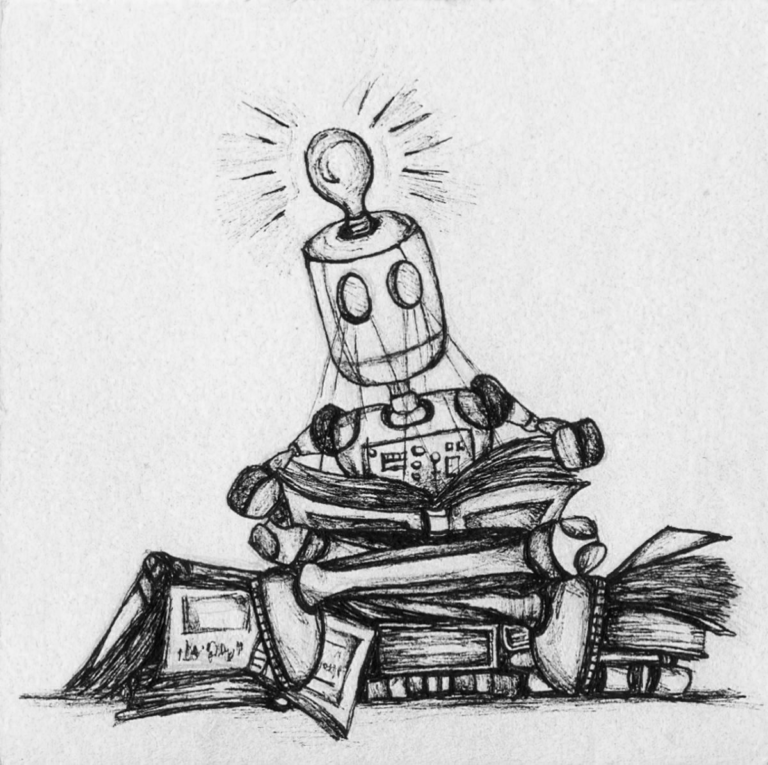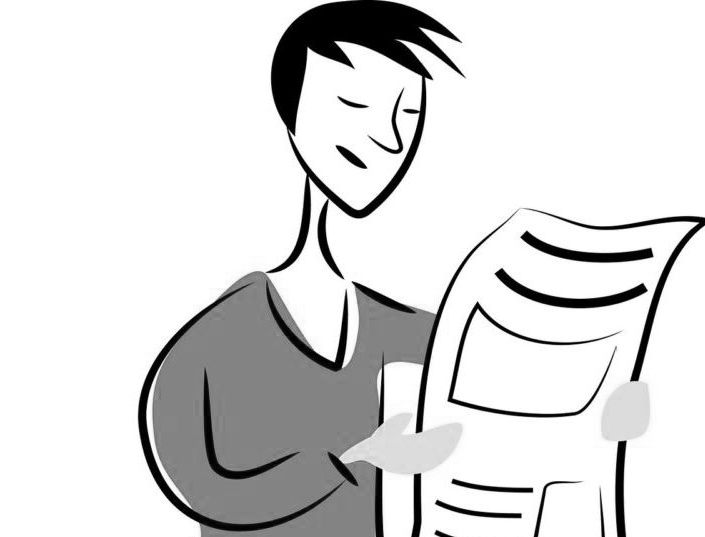It doesn’t matter who you are, what you do, what you believe in. Whether young or old, no one is spared from going down the abyss of depression. Not even research scientist Marlene Belfort. Her vivid recounts of bouts with depression and the discovery of its possible link with hyperparathyroidism is written in an article published by the New York Times.
Belfort was 46 when she felt nervous and depressed, exactly the same age when her father had committed suicide. While her married life seemed fine, with a supportive husband, three healthy sons and a good career to get by, anxiety prompted her to seek the help of a psychiatrist. She was found to be suffering from dysthymia, or simply called burnout. While no medications were prescribed, she was told that she had to deal with her repressed feelings as the child of a suicide. Psychotherapy was offered as a promising option.
According to Belfort, in science and in psychotherapy, one approaches a problem from different angles through observation, hypothesis, discarding theories and drawing conclusions. When the evidence from various directions converges on a point, that point becomes a discovery, a new truth.
Four years of therapy seemed alright until Belfort suddenly began to feel profoundly depressed and returned to therapy three years later. She was advised to take antidepressants. And though she had never taken anything more than aspirin, not even for childbirth, she conceded to the use of antidepressants in various combinations and at increasing doses as depression deepened.
She described the experience as being in psychic hell, a place where she was unable to eat or sleep. During this time, an odd e-mail message arrived from her friend and colleague, a Nobel Prize-winning scientist who questioned her contributions to a collaborative discovery that had won for her recognition. She reacted irrationally and began to assume that all her scientific work was fraudulent and that her friend had found her out.
Psychosis was the scariest aspect of Belfort’s depression. She didn’t realize that the true intentions of her colleague was to check the facts for he had nominated her to an esteemed scientific academy. Her paranoia deepened, her depression worsened, and was eventually admitted to a psychiatric hospital.
While inside, she was stripped of everything that could inflict harm on herself: sharp objects, vitamins (drugs and food supplements were prohibited), and her valued right to independence. Yet in the midst of fear and deprivations, the hospital staff cared for her like a child.
She experienced having been repeatedly strapped to a table and zapped for shocked therapy. But almost immediately, she began to recover from the incapacitating despair that had shut down her life.
Psychopharmacology and talk therapy kept her from re-hospitalization. The episodes put me back in touch with my fathers death, and although suicide seemed like an alternative to my hopelessness, it was not an option. I had too much to live for, recounted Belfort.
The turning point in her life came when her psychiatrist had been struck by the sudden onset of a first major depression in midlife. He insisted on a blood workup. The results showed an endocrine condition called hyperparathyroidism, which causes elevated levels of blood calcium and parathyroid hormone. He pointed out a potential link to depression, prompting me to check the data, wrote Belfort.
When I did, sure enough, I grasped that there might indeed be a significant connection. Four years after my hospitalization for depression, I had surgery to control the parathyroid problem, followed by a second operation two years later. Plotting the data, I realized that when my calcium and hormone levels returned to normal, so did the moods. That was three years ago.
She wondered whether her father also suffered from hyperparathyroidism. She also wondered whether doctors will routinely explore a physical basis for the sudden, unexplained onset of emotional pain.

Depression Linked With Hyperparathyroidism
Please follow and like us:
More from DepressionMore posts in Depression »




